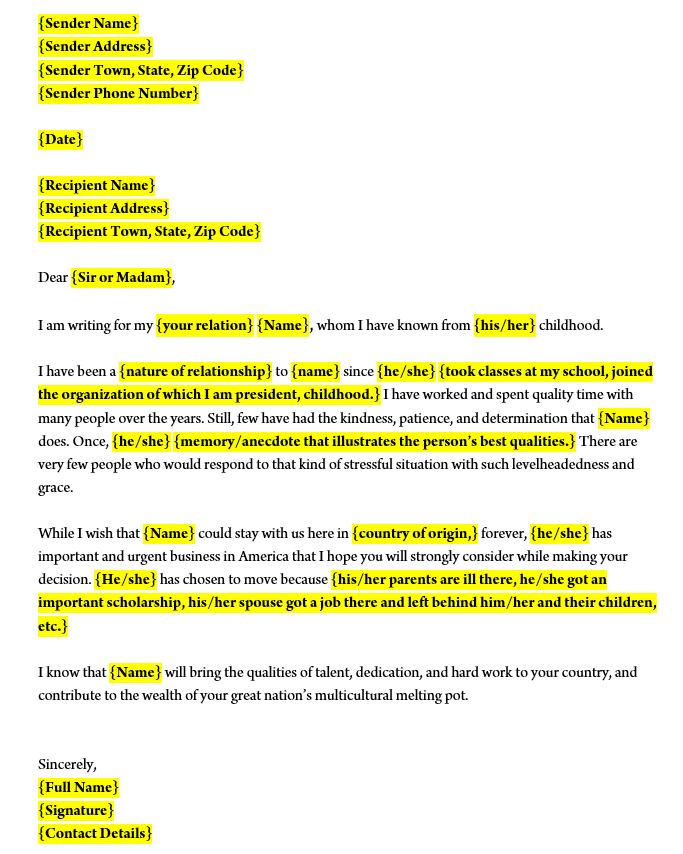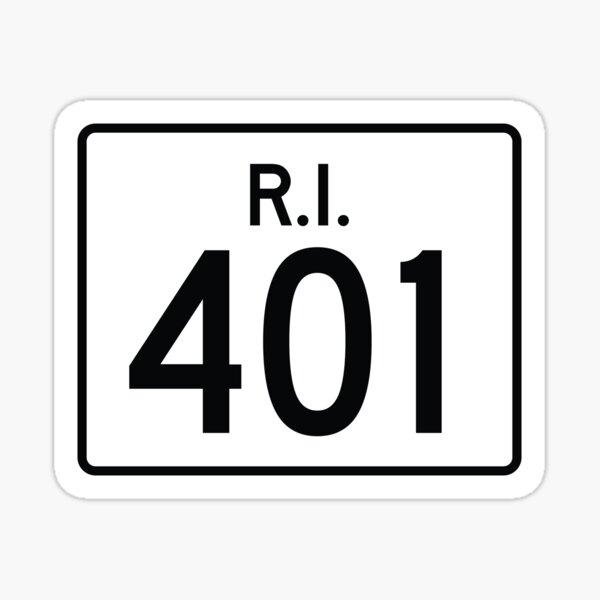
Key Takeaways
- Understanding the role and significance of “a friend of the family.”
- Exploring the responsibilities and boundaries involved.
- Insights into how these relationships develop and thrive.
- Tips on maintaining a healthy balance between friendship and family dynamics.
In our interconnected world, the term “a friend of the family” carries significant weight and meaning. It is more than just a casual acquaintance; it represents a unique bond that blends friendship and familial ties. This article delves into the nuances of this relationship, offering insights and advice on how to navigate its complexities.
Understanding “A Friend of the Family”
The phrase “a friend of the family” is often used to describe someone who holds a special place in the lives of a family. This person is not a blood relative, yet they are treated with the same level of affection and trust. Such a relationship can be forged through long-standing friendships, shared experiences, or mutual respect and admiration.
In many cases, a friend of the family becomes an integral part of family gatherings, celebrations, and even crises. They are the ones who are called upon for support, advice, and companionship, often blurring the lines between friend and family member.
The Role and Responsibilities
Being a friend of the family comes with its own set of expectations and responsibilities. These may include:
- Providing emotional support during challenging times.
- Offering a different perspective on family issues.
- Participating in family traditions and celebrations.
- Respecting family boundaries and dynamics.
While these responsibilities can vary depending on the family, the underlying principle is to be a source of positive influence and support. It is crucial to strike a balance between being involved and respecting the family’s privacy and autonomy.
Building and Maintaining the Relationship
The development of a friend of the family relationship is often organic, growing from shared experiences and mutual respect. Here are some key elements that contribute to the strength and longevity of such a relationship:
Trust and Loyalty

Trust is the cornerstone of any meaningful relationship. As a friend of the family, it is essential to build and maintain trust by being reliable, honest, and supportive. Loyalty also plays a crucial role, as it fosters a sense of security and stability within the family dynamic.
Communication
Open and honest communication is vital in navigating the complexities of being a friend of the family. It is important to express feelings, set boundaries, and discuss expectations to ensure that everyone is on the same page. Active listening and empathy are also key components of effective communication in this context.
Adaptability
Families are dynamic entities, constantly evolving and changing. As a friend of the family, it is important to be adaptable and flexible, willing to adjust to new circumstances and roles as needed. This adaptability helps to maintain harmony and balance within the relationship.
Challenges and Boundaries
While being a friend of the family can be rewarding, it is not without its challenges. One of the most significant challenges is maintaining appropriate boundaries. It is crucial to respect the family’s privacy and autonomy, avoiding overstepping or becoming too involved in personal matters.
Another challenge is navigating conflicts or disagreements that may arise. It is essential to approach such situations with patience, understanding, and a willingness to compromise. By doing so, the relationship can remain strong and resilient in the face of adversity.

The Value of Being “A Friend of the Family”
being a friend of the family is a unique and valuable role that requires a delicate balance of involvement, support, and respect. By understanding the intricacies of this relationship and embracing its challenges and rewards, one can foster a deep and lasting connection that enriches the lives of all involved.
Ultimately, the role of a friend of the family is a testament to the power of human connection and the importance of nurturing relationships that transcend traditional boundaries. It is a role that, when approached with care and consideration, can bring immense joy and fulfillment to both the individual and the family.

